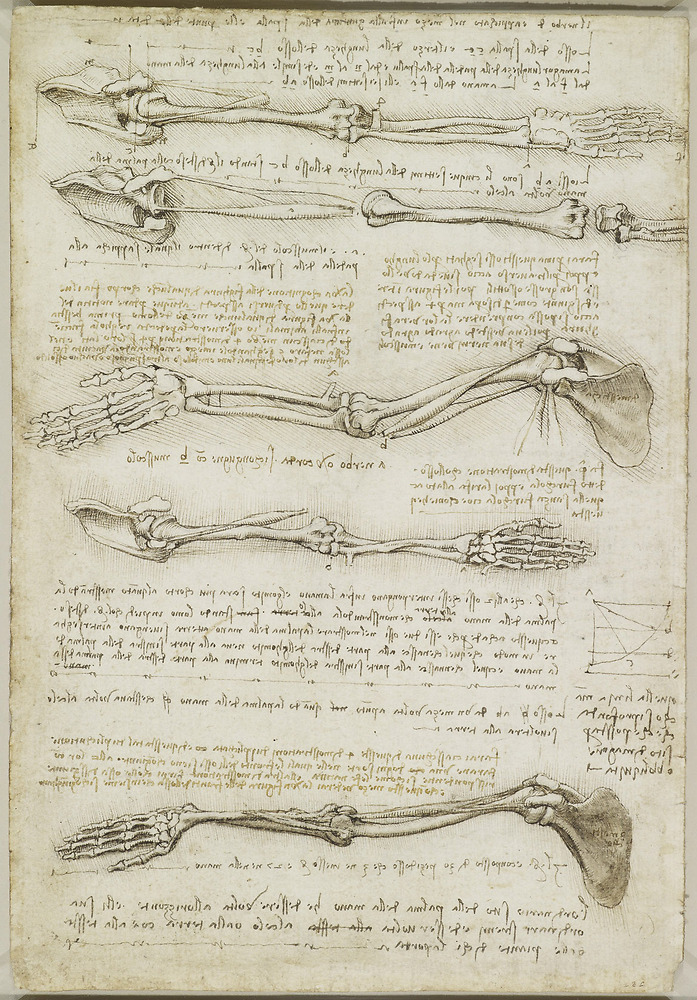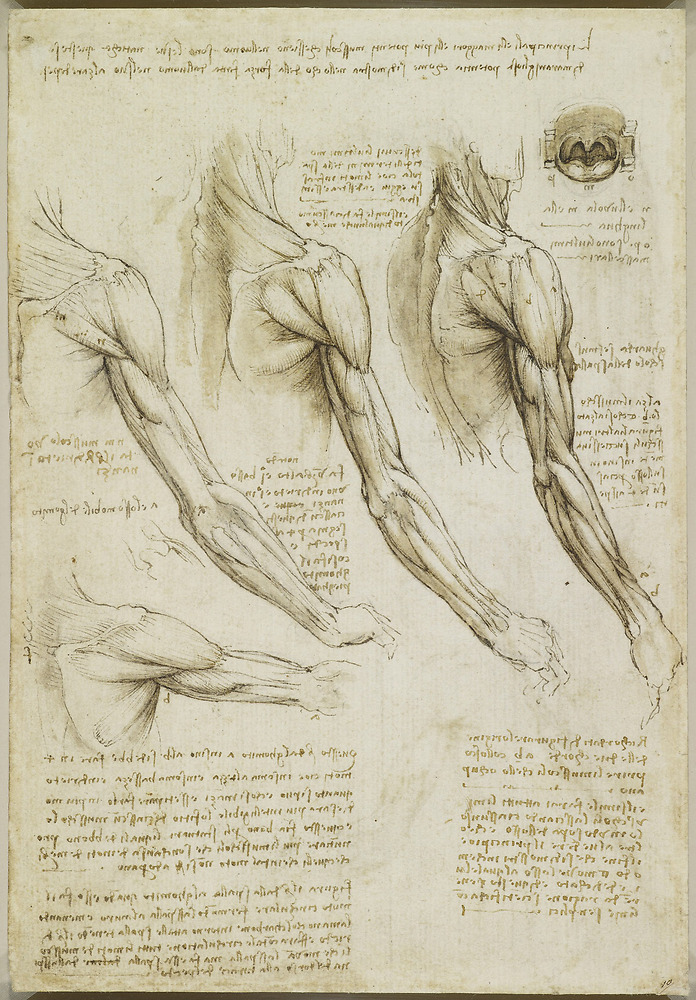Simplicity is the ultimate sophistication
– Leonardo Da Vinci
There’s plenty of tests frameworks out there, but I am often left disgruntled by their sheer amount of complexity, and by lack of uniformity of the tests/inability to programmatically manipulate them.
This article presents what is arguably the simplest test framework for function-based code: each test is basically about ensuring that applying a function on some input yields the expected output.
All tests have the exact same format, and can be stored in an array, and thus altered programmatically/systematically. Sophisticated cases (e.g. objects, side effects) can be managed by involving a few ad-hoc lambdas to alter the input/output so as to fit in this format.
In the end, it’s costless to:
- implement;
- audit;
- add to an existing codebase, even alongside an already existing test framework;
- migrate away from in the future (perhaps not costless, but definitely easier than your usual tests);
And, most importantly, makes it effortless to write batches of straightforward tests in almost any language. Its main requirement is for the implementation language to easily allow deep-comparison; in the worst cases, this can often be achieved by comparing JSON dumps, or more generally, text dumps.

Superficial anatomy of the arm; mostly side/front view
by
Leonardo da Vinci
Sample implementation: JS, Perl, Go, (Nix)
Starting with a JS and a Perl version:
/**
* Dump some data to the console in JSON
*
* @param{Array.<any>} xs - objects to be dumped
* @returns{void} - all xs would have been dumped to console.
*/
function dump(...xs) { ... }
/**
* Deep comparison.
*
* NOTE: Exhaustive enough for our purposes.
*
* @param{any} a - first object to compare.
* @param{any} b - second object to compare.
* @returns{boolean} - true if a and b are equals, false otherwise.
*/
function dcmp(a, b) {
...
}
/**
* Run a single test.
*
* NOTE: we're a bit lazy when comparing to error. Perhaps
* we could add an additional entry for that instead of using
* expected. This is of little practical importance for now.
*
* @this{any} -
* @param{function} f - function to test
* @param{Array.<any>} args - array of arguments for f
* @param{any} expected - expected value for f(args)
* @param{string} descr - test description
* @param{string|undefined} error - expected error (exception)
* @returns{boolean} - true if test executed successfully
*
* In case of failure, got/expected are dumped as JSON on the console.
*/
function run1(f, args, expected, descr, error) {
var got;
try {
got = f.apply(this, args);
} catch(e) {
console.log(e);
got = e.toString();
expected = error || "<!no error were expected!>";
}
var ok = dcmp(got, expected);
console.log("["+(ok ? "OK" : "KO")+"] "+f.name+": "+descr);
if (!ok) {
console.log("Got:", );
dump(got);
console.log("Expected: ");
dump(expected);
}
return ok;
}
/**
* Run multiple tests, stopping on failure.
*
* @param{Array.<Test>} tests - tests to run
* @returns{boolean} - true iff all tests were run successfully
*/
function run(tests) {
return tests.reduce(
/** @type{(ok : boolean, t : Test) => boolean} */
function(ok, t) {
return ok && run1(t.f, t.args, t.expected, t.descr, t.error);
},
true
);
}package FTests;
use strict;
use warnings;
# Test::Deep::cmp_deeply() would be slightly better
# than Test::More::is_deeply(), but Test::More comes
# with a default perl(1) installation.
use Test::More;
use B;
# Retrieve a name for a coderef.
#
# See https://stackoverflow.com/a/7419346
#
# Input:
# $_[0] : coderef
# Output:
# string, generally module::fn
sub getsubname {
...
}
# A test is encoded as a hashref containing:
#
# {
# "f" => \&function_pointer,
# "fn" => $optional_function_name,
# "args" => $arrayref_holding_input_arguments,
# "expected" => $expected_output_values
# "descr" => "Test description, string",
# }
# Run a single test.
#
# Input:
# $_[0] : hashref describing the test (see above)
# Output:
# Boolean: 1 if the test was successfully executed,
# 0 otherwise.
#
# May die().
sub run1 {
my ($test) = @_;
my (
$f,
$fn,
$args,
$expected,
$descr,
) = @{$test}{qw(f fn args expected descr)};
my $n = $fn || FTests::getsubname($f);
# NOTE: We could manage exceptions
return Test::More::is_deeply(
$f->(@$args),
$expected,
sprintf("% -35s: %s", $n, $descr),
);
}
# Run a list of tests in order, stopping in case of
# failure.
#
# Input:
# $_[0] : arrayref of tests
# Output:
# Boolean: 1 if all tests were successfully executed,
# 0 otherwise.
#
# May die().
sub run {
my ($tests) = @_;
foreach my $test (@$tests) {
return 0 unless(FTests::run1($test));
}
return 1;
}Then, here’s a third implementation in Go, more tedious because of the static typing. As for the Perl version, it relies on a tiny subset of its standard testing module:
package main
import (
"testing"
"reflect"
"strings"
"runtime"
"fmt"
"encoding/json" // pretty-printing
)
type test struct {
name string
fun interface{}
args []interface{}
expected []interface{}
}
func getFn(f interface{}) string {
xs := strings.Split((runtime.FuncForPC(reflect.ValueOf(f).Pointer()).Name()), ".")
return xs[len(xs)-1]
}
func doTest(t *testing.T, f interface{}, args []interface{}, expected []interface{}) {
// []interface{} -> []reflect.Value
var vargs []reflect.Value
for _, v := range args {
vargs = append(vargs, reflect.ValueOf(v))
}
got := reflect.ValueOf(f).Call(vargs)
// []reflect.Value -> []interface{}
var igot []interface{}
for _, v := range got {
igot = append(igot, v.Interface())
}
if !reflect.DeepEqual(igot, expected) {
sgot, err := json.MarshalIndent(igot, "", "\t")
if err != nil {
sgot = []byte(fmt.Sprintf("%+v (%s)", igot, err))
}
sexp, err := json.MarshalIndent(expected, "", "\t")
if err != nil {
sexp = []byte(fmt.Sprintf("%+v (%s)", expected, err))
}
// meh, error are printed as {} with JSON.
fmt.Printf("got: '%s', expected: '%s'", igot, expected)
t.Fatalf("got: '%s', expected: '%s'", sgot, sexp)
}
}
func doTests(t *testing.T, tests []test) {
for _, test := range tests {
t.Run(fmt.Sprintf("%s()/%s", getFn(test.fun), test.name), func(t *testing.T) {
doTest(t, test.fun, test.args, test.expected)
})
}
}Exercise: Write a Nix version.
Solution:[+]Exercise: Write a Python version.
Exercise: The JS version does manage exceptions to some degree. Add exceptions support to the Perl version.
Exercise: Implement and test the JS’s dcmp() function. You can
find a few incomplete tests in the following section.
Exercise: Write a sh(1) version.
Solution:[+]Exercise: Think about some implementation options for a C version.
Solution:[+]
Bones of the arms (c. 1510)
by
Leonardo da Vinci
Example usage: JS, Perl
import * as FTests from '../modules/ftests.js'
FTests.run([
/*
* dcmp()
*/
{
f : Ftests.dcmp,
args : [1, 1],
expected : true,
descr : "Integers, equals",
},
{
f : Ftests.dcmp,
args : [1, 2],
expected : false,
descr : "Integers, not equals",
},
...
{
f : Ftests.dcmp,
args : [{}, []],
expected : false,
descr : "Empty hash is not an array",
},
{
f : Ftests.dcmp,
args : [{}, {}],
expected : true,
descr : "Hashes, empty, equals",
},
...
{
f : Ftests.dcmp,
args : [{foo : [1, 2, [3, 1]]}, {foo : [1, 2, [3, 1]]}],
expected : true,
descr : "Deep object, equals",
},
{
f : Ftests.dcmp,
args : [{foo : [1, 2, [3, 1]]}, {foo : [1, 2, [3, 1, {}]]}],
expected : false,
descr : "Deep object, not equals",
},
]);#!/usr/bin/perl
use strict;
use warnings;
use File::Basename;
use lib File::Basename::dirname (__FILE__);
use Test::More;
use FTests;
sub id { return $_[0]; }
FTests::run([
{
"f" => sub { return $_[0]; },
"fn" => '(\\x = x)',
"args" => [1],
"expected" => 1,
"descr" => "(\\x = x) 1",
},
{
"f" => \&id,
"args" => [{foo=>"bar"}],
"expected" => {foo=>"bar"},
"descr" => "id({foo=>'bar'}) = {foo=>'bar'}",
},
{
"f" => \&FTests::run,
"args" => [[{
"f" => \&id,
"fn" => "FTests::run([id])",
"args" => [{foo=>"baz"}],
"expected" => {foo=>"baz"},
"descr" => "id({foo=>'baz'}) = {foo=>'baz'}",
}]],
"expected" => 1,
"descr" => "going meta",
},
]);
Test::More::done_testing();Common patterns
Objects, environment alteration
Testing a method on a given object in a given state can be performed by the addition of a lambda wrapping the desired operations, for instance
function Something(state, error) {
this.state = state;
this.error = error;
this.f = (error) => {
this.error = error;
if (this.state == "init")
this.state = "started";
return "something";
}
}
function alter(o, nargs, f, args) {
var x = new (Function.prototype.bind.apply(Something, [{}, ...nargs]));
var y = x[f].apply(x, args);
return {
'result' : y,
'state' : x.state,
};
}
alter(Something, ["init", ""], "f", ["nothing"]);
// {result: 'something', state: 'started'}
Global environment alteration can be managed similarly:
var global = 0;
function something(x, y) {
global = x + y;
return x-y;
}
function alter(f, args) {
var x = f.apply({}, args)
return [x, global];
}
alter(something, [2, 3]);
// [-1, 5]
Pointer/reference arguments
Some functions can easily alter their arguments, especially for pointer-based types (array, hashes, etc.). Testing their alteration is better performed if the related functions return such altered arguments.
function something(xs) {
if (xs.length > 0)
xs[0]++;
return xs;
}This could also be wrapped by lambdas, as previously demonstrated.
function something(xs) {
if (xs.length > 0)
xs[0]++;
return 42;
}
function alter(f, args) {
var x = f.apply({}, args)
return [args, x];
}
// NOTE: single argument is an array holding two numbers
alter(something, [[2, 3]]);
// [[3, 3], 42]
Exercise: How would you test the following function, without modifying its code?
function dostuff(x, y) {
return [x+y, x-y, x*y, Date.now()];
}
// e.g. dostuff(2, 3);

Arms, muscles of the shoulder arm and neck, back/side view
by
Leonardo da Vinci
Comments
By email, at mathieu.bivert chez: